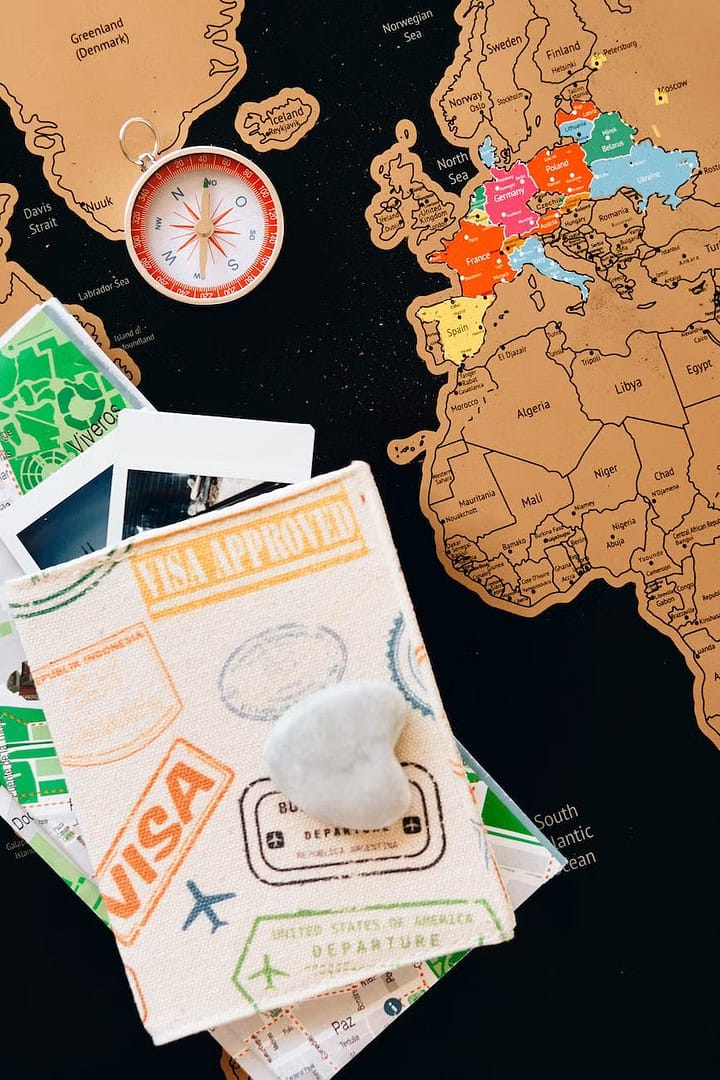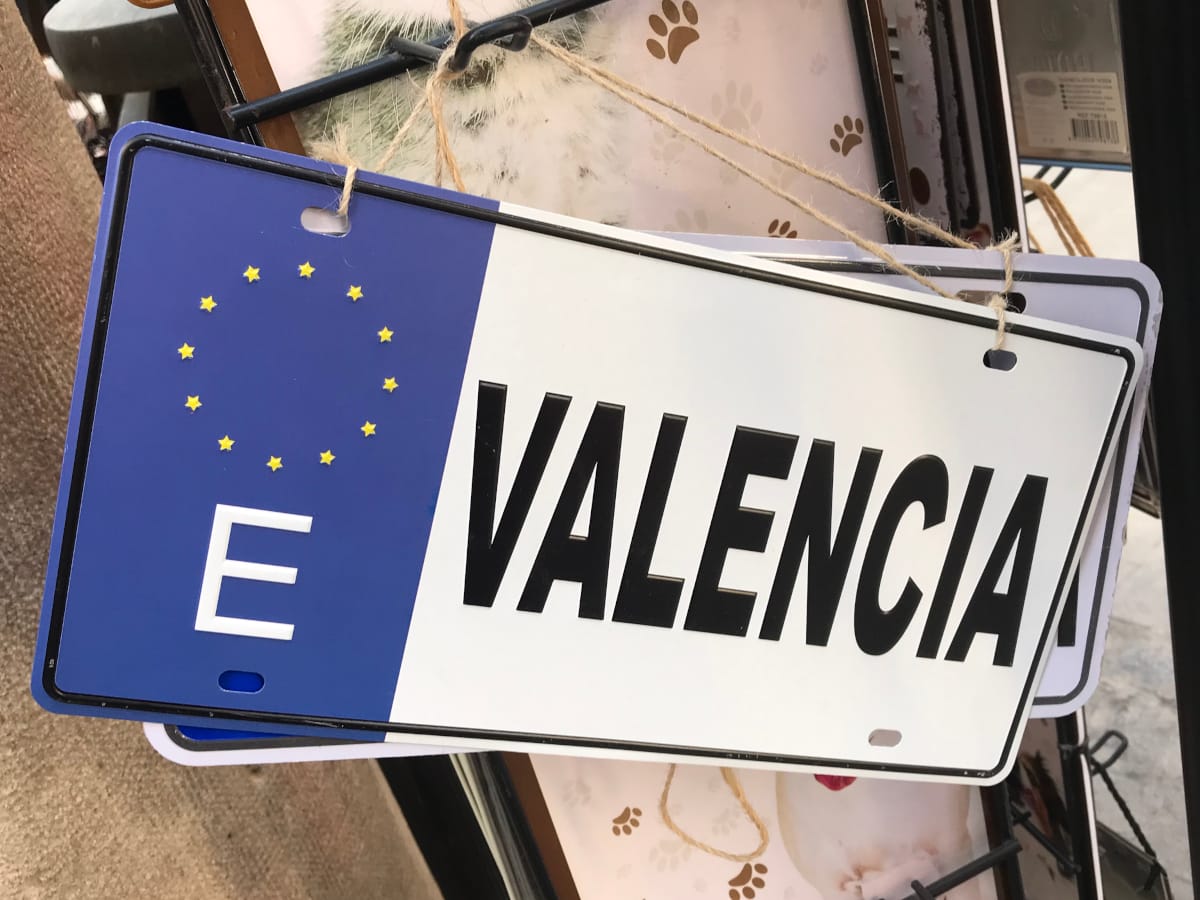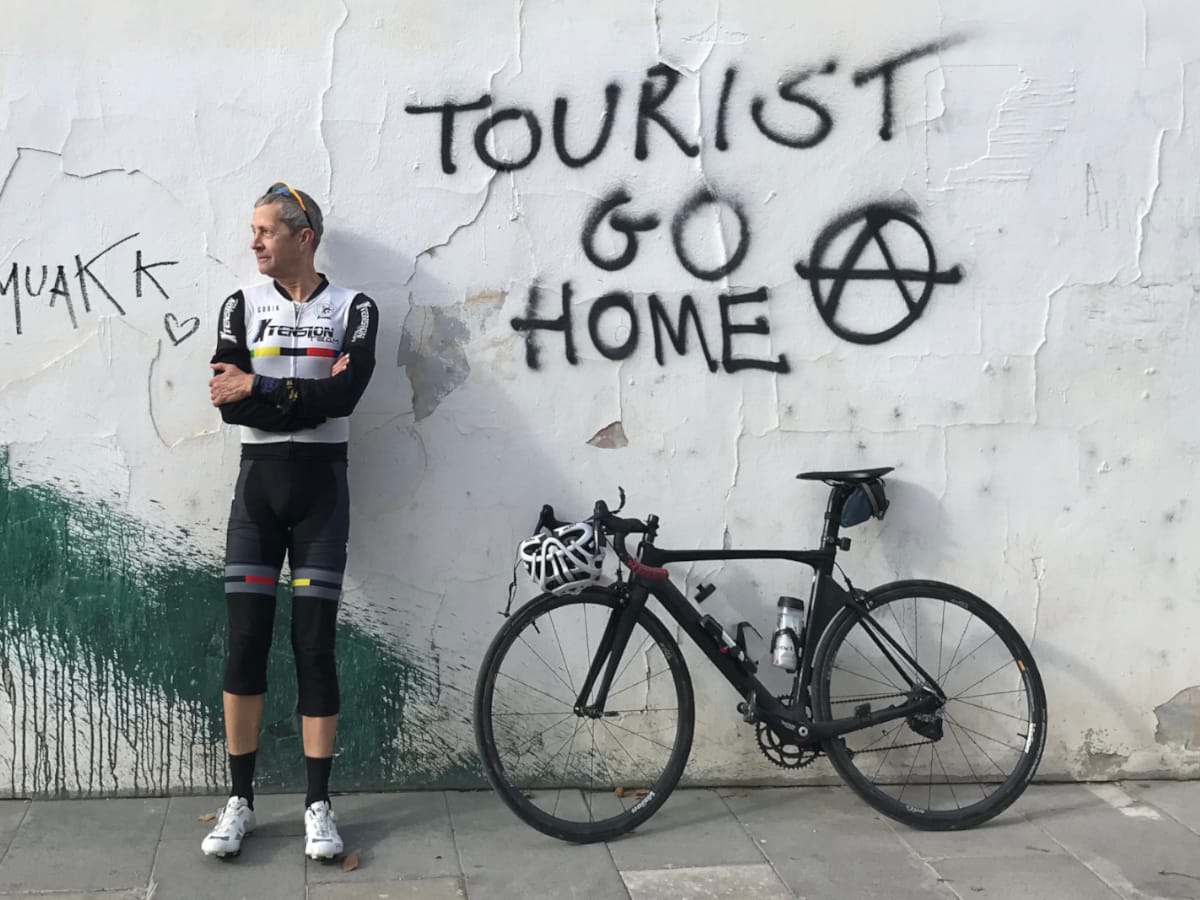When I first moved to Europe in order to get my undergraduate degree years ago, many of the bureaucratic tasks were handled by the university I attended. While this made it easier to go about getting an education it also meant that with my graduation the”Permesso di Soggiorno per Motivi di Studio” expired. This necessitated a quick exit out of Italy and the European Union.
Admittedly, I probably could have stayed another 90 days or less as a tourist but I needed to get back to the U.S. to start my graduate program. So, at 4 a.m., bleary eyed, we stumbled down the stairs of our four-story walkup with suitcases thumping behind us. At the the bottom we met our taxi driver who then whisked us to the airport. It would take us almost two decades to return to Europe.
Back on U.S. soil
The abruptness of my departure was jarring. I remember getting off the airplane at the JFK airport in New York City and trying to make sense of the signs. It was then I realized they were written in English. I was in the habit of translating everything from Italian and didn’t recognize the words. That sensation passed, but the sense of loss, of what I had but now didn’t, lingered.
And I promised myself that given another opportunity I’d make the move abroad longer lasting.

When we finally returned as a family, my desire to relocate was rekindled. But there’s that life thing – jobs, mortgage, school… Then came the Covid-19 pandemic. We were in Spain when the borders closed but still connected to the U.S. Returning to JFK, we spent a harrowing 36 hours going through customs, a haphazard medical-screening process, and then eventually rerouted back to our original departure airport.
Returning to Europe
After receiving the Covid-19 vaccinations, it was full steam ahead. This time, I didn’t want the bum’s rush out of the country in the middle of the night. For us, the Non-Lucrative Visa (NLV) was the best way to go. This meant no working (we retired as a condition of getting it) but after five years we could apply for permanent residency, renewable every five years after that period.
This wasn’t a short-term or spur-of-the-moment plan.
And, of course, there’s the unexpected. But day-to-day living is better. Perhaps that’s a direct result of not working. There are anecdotes from those that say not having a job commitment is freeing. For others, being separated – involuntarily or voluntarily – is unsettling. Ultimately, one needs a plan. For me, that’s to keep learning and this website is a part of that progression.



Leave a Reply